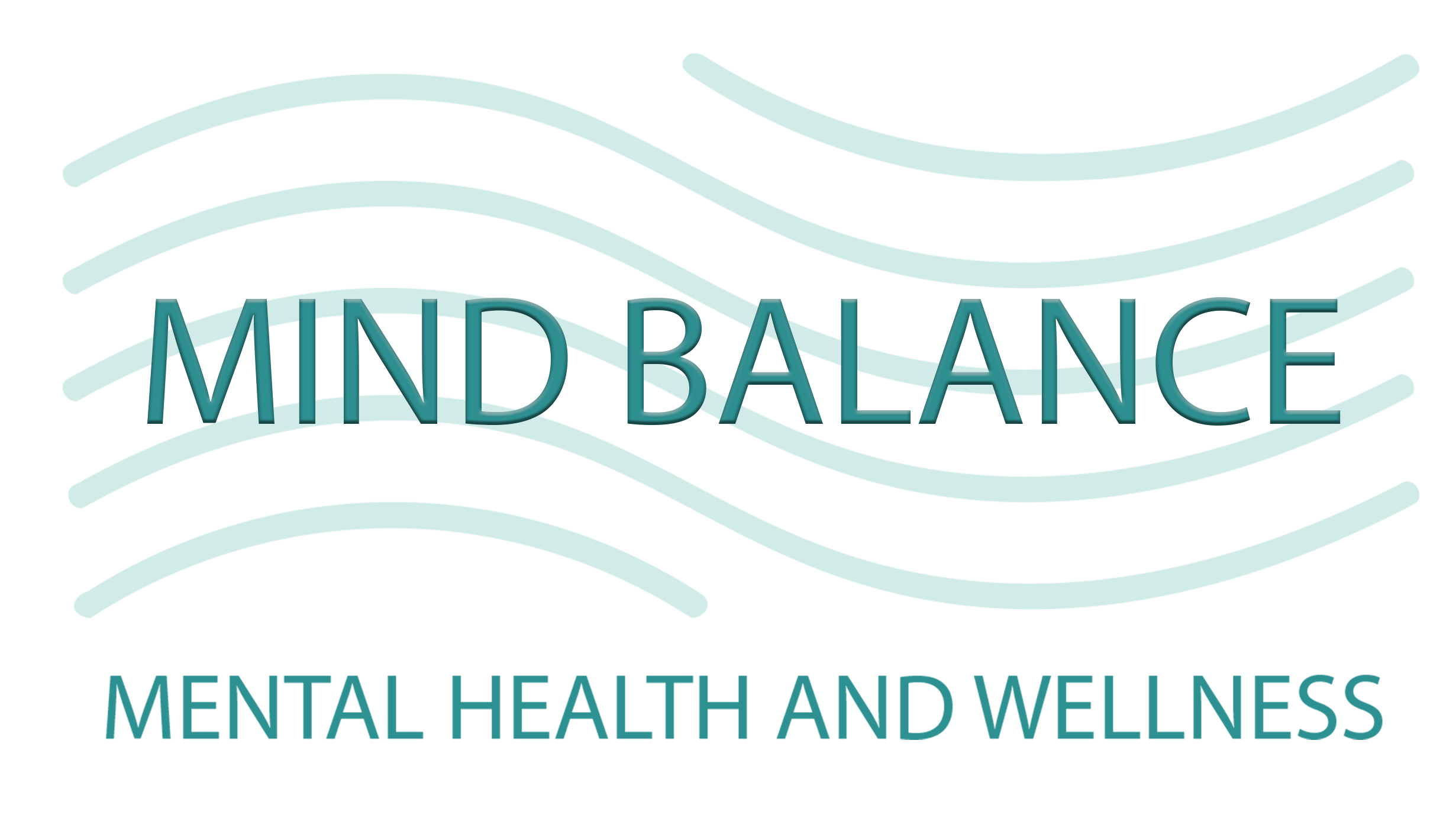Comprehensive OCD Treatment Options
At Mind Balance Mental Health and Wellness, we understand the complexities of living with Obsessive-Compulsive Disorder (OCD). This is why we provide a range of comprehensive treatment options designed to address the unique needs of our clients. Our primary methods of treatment include medication and Cognitive Behavioral Therapy (CBT).
Medication for OCD
Medication plays a crucial role in ocd treatment. The most effective medications for managing OCD symptoms are Serotonin Reuptake Inhibitors (SRIs), traditionally used as antidepressants. These medications work by increasing serotonin levels in the brain, which helps reduce OCD symptoms and can also alleviate co-occurring depression.
Key Medications:
| Medication Type | Notes |
|---|---|
| Selective Serotonin Reuptake Inhibitors (SSRIs) | First-line treatment for OCD, often used for 12-24 months post-remission to prevent relapse. (NHS) |
| Tricyclic Antidepressants | Effective but may have more side effects compared to SSRIs. (NCBI) |
It’s important to note that treatment with these drugs often requires higher doses and longer periods of administration compared to when they are used for depression. Patients might need at least three months of treatment before evaluating its effectiveness. In cases where SRIs are not adequately effective, augmentation strategies with atypical antipsychotics may be considered.
Cognitive Behavioral Therapy (CBT) for OCD
Cognitive Behavioral Therapy (CBT) is another cornerstone of comprehensive ocd treatment. Specifically, Exposure and Response Prevention (ERP) is a type of CBT that has proven to be highly effective. ERP involves gradually exposing the patient to feared objects or ideas while helping them resist the urge to perform compulsive behaviors.
CBT Details:
| Therapy Type | Description |
|---|---|
| Exposure and Response Prevention (ERP) | Gradual exposure to fear triggers while reducing compulsive responses |
| Cognitive Restructuring | Identifying and challenging distorted thoughts and beliefs |
Evidence suggests that about 70% of individuals benefit from CBT and/or medication for managing OCD symptoms. CBT can also be used as an augmentation strategy for those not fully responding to medication (NCBI).
Combining CBT with medication often provides the best outcomes for our clients. For more on our comprehensive range of mental health services, visit our pages on mental health treatment and behavioral health treatment. At Mind Balance Mental Health and Wellness, we are committed to helping you achieve the balance and wellness you deserve.
Selecting the Right Medication
Choosing the appropriate medication is crucial in effectively managing OCD. At Mind Balance Mental Health and Wellness, we are committed to offering the best evidence-based treatments to ensure optimal outcomes for our patients.
Serotonin Reuptake Inhibitors (SRIs)
Serotonin Reuptake Inhibitors (SRIs), often used as antidepressants, are the most effective medications for OCD. These drugs help in reducing OCD symptoms and can also treat co-occurring depression. According to the International OCD Foundation, SRIs like fluoxetine, fluvoxamine, and sertraline are commonly prescribed. It’s important to note, however, that SRIs are not recommended for everyone, such as pregnant or breastfeeding individuals due to potential risks of side effects for the baby (OCD-UK).
Antidepressants for OCD Treatment
Apart from SRIs, other types of antidepressants have also shown efficacy in treating OCD. For instance, Anafranil (clomipramine) has been the best-studied medication for OCD. Other drugs, such as Cymbalta® (duloxetine), have also been found to be effective.
It’s imperative to consider individual health conditions when prescribing these medications. SSRIs should be used with caution for individuals with health problems like heart issues, diabetes, or kidney disease.
Effective Doses and Duration
For effective OCD management, the right dosage and duration of medication use are essential. SSRIs are recommended as the first-line medications for OCD due to their proven efficacy, safety, and tolerability. They should be utilized for at least 12 to 24 months post-remission to prevent relapse.
It has been observed that intravenous clomipramine can be more effective than oral clomipramine in treating OCD patients who did not respond to previous treatments. Moreover, high-dose treatment with serotonergic drugs has shown positive results, with higher doses associated with greater efficacy.
Selecting the right medication involves considering multiple factors, including individual health profiles, potential side effects, and the patient’s specific needs. At Mind Balance Mental Health and Wellness, we emphasize a personalized treatment approach, combining medications with Cognitive Behavioral Therapy (CBT) and other therapies to ensure the best possible outcomes for our patients. For more details on our services, explore our offerings in mental health treatment and outpatient psychiatry.
The Role of Cognitive Behavioral Therapy
Cognitive Behavioral Therapy (CBT) plays a vital role in treating Obsessive-Compulsive Disorder (OCD). At our wellness center, we utilize various CBT techniques to ensure effective treatment for our clients.
Exposure and Response Prevention (ERP)
Exposure and Response Prevention (ERP) is a cornerstone in OCD treatment. ERP involves gradually exposing individuals to feared situations or obsessions without allowing them to engage in the accompanying compulsive behaviors. This process helps individuals learn to tolerate anxiety and reduce their reliance on compulsive behaviors over time. The most effective approach for OCD treatment involves combining CBT, specifically ERP, with medication.
Cognitive Restructuring in CBT
Cognitive restructuring is another essential component of CBT. It involves identifying and challenging distorted thinking patterns that contribute to OCD symptoms. By restructuring these thoughts, individuals can develop healthier thinking patterns and reduce the intensity and frequency of OCD symptoms. CBT, particularly ERP, has shown efficacy in treating OCD and is considered a first-line treatment option for mild to moderately affected patients (NCBI).
For more severe cases, a combination of CBT and SSRIs is recommended. This dual approach often yields better outcomes and helps manage the symptoms more effectively. For additional information on the integration of SSRIs, visit our section on antidepressants for OCD treatment.
Duration and Efficacy of CBT
The duration and efficacy of CBT vary based on the severity of the OCD. Treatment typically requires 8 to 20 sessions for mild cases of OCD. However, more severe cases may necessitate a longer course of therapy. ERP and cognitive restructuring are integral to this process, with consistent application yielding significant improvements over time (NHS).
To better understand the time commitment and tailor a treatment plan effectively, we encourage exploration of the synergy between medication and therapy in our combination therapy approach section.
For additional support on diverse mental health services we offer, please visit our pages on OCD treatment in Charlotte, adhd treatment, anxiety treatment, and depression treatment.
Combination Therapy Approach
At Mind Balance Mental Health and Wellness, we believe that a comprehensive approach is key to effective OCD treatment. Combining medication with Cognitive Behavioral Therapy (CBT) has shown to offer significant benefits for those struggling with OCD.
Medication and CBT Synergy
Combining medication with CBT, especially Exposure and Response Prevention (ERP), offers a synergistic effect, enhancing the efficacy of each treatment method. Research supports this combination as the most effective approach for managing OCD. This strategy helps in reducing symptoms more effectively than either treatment alone. For individuals with severe OCD, combining both treatments can provide much-needed relief.
Augmentation Strategies
Sometimes, patients may not respond fully to initial treatments. In such cases, augmentation strategies can be beneficial. This might involve adding a second medication to complement the existing treatment. Augmentation can help enhance therapeutic outcomes and improve symptom control. An example is adding an antipsychotic to an SSRI for patients who do not achieve sufficient relief from SSRIs alone.
Augmentation strategies can also include integrating complementary therapies such as N-acetylcysteine (N-AC) or Inositol to support the primary treatment. Our wellness center offers personalized augmentation plans tailored to each individual’s needs.



